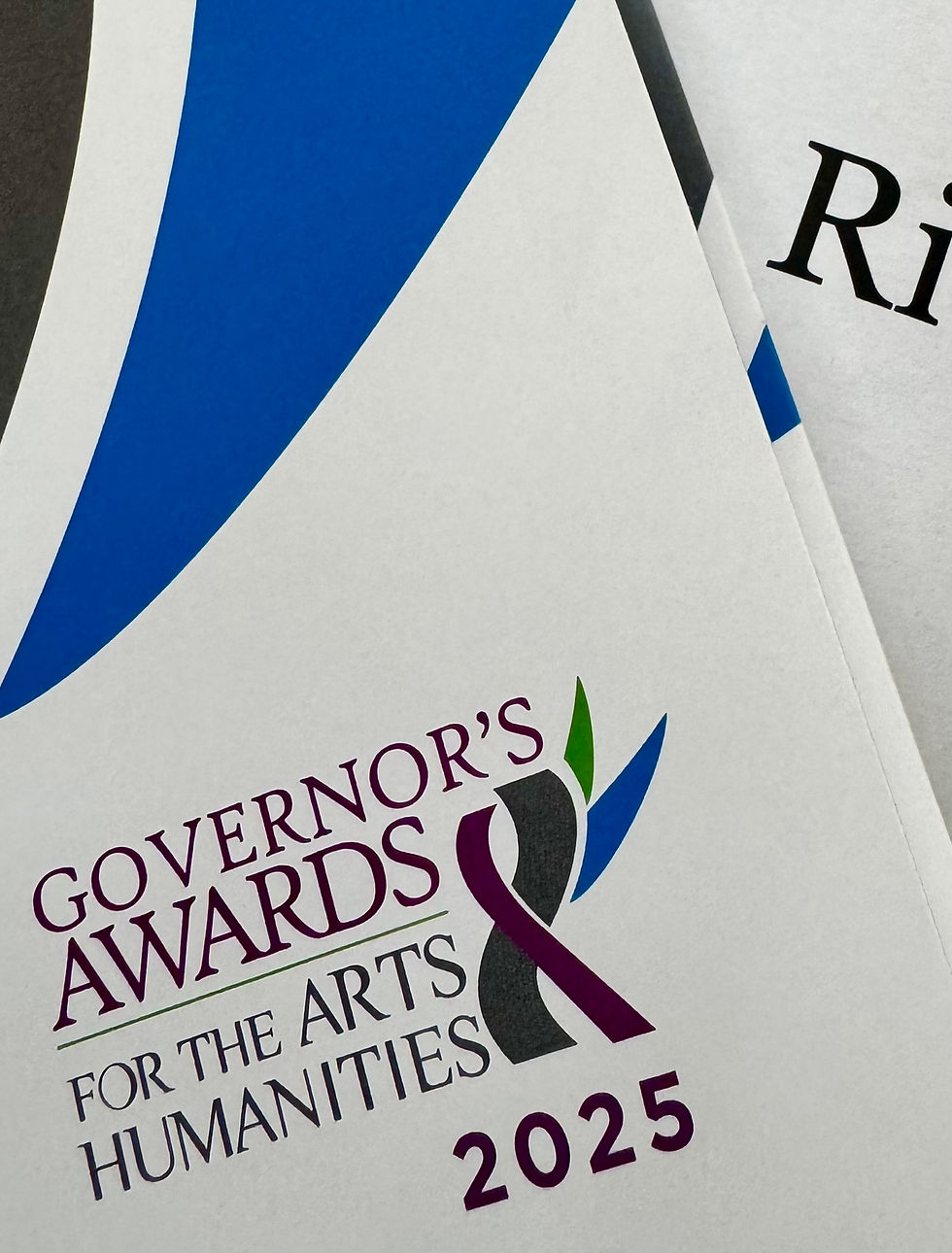Fall Graduates from the new MS in Global Media & Cultures
- Medievalitas

- Dec 4, 2020
- 2 min read
Renowned for its engineers and computer scientists, Georgia Tech has gained the national spotlight as a groundbreaking leader in liberal arts education, offering degrees in foreign language that are the first of their kind in the United States.

Among the students graduating in Georgia Tech’s fall commencement on Dec. 11 is a unique group of emerging global professionals from the School of Modern Languages. The school launched two groundbreaking Master of Science degree programs in fall 2018 gaining the attention of the Modern Language Association, American Council for the Teaching of Foreign Languages and Atlanta’s business community.
These programs apply language and cultural studies to careers in the private sector, breaking with the tradition of training students for translation, teaching and diplomacy. The M.S. in Applied Language and Intercultural Studies and the M.S. in Global Media and Cultures, co-directed by the School of Literature, Media, and Communication, offer concentrations in Chinese, French, German, Japanese, Russian and Spanish.
“These degrees imagine an entirely new model of humanities education, designed to prepare students for careers of the future,” said Anna Stenport, chair of the School of Modern Languages and founding co-chair of the Atlanta Global Studies Center. “With Georgia Tech’s technology-oriented strengths, our faculty’s innovative teaching and scholarship, our location in Atlanta, and our many international partnerships, this graduate program is uniquely positioned to be a new model for the next generation.”
The inaugural cohort of the MS-ALIS and MS-GMC is remarkably diverse. It includes computer scientists, business students, marketing professionals, journalists and students pursuing health care careers. What they share is an interest in connecting across boundaries, finding common ground and taking a collaborative approach to solving global problems.
“Studying a foreign language teaches you to be adaptable, flexible, and solution-oriented,” said Dr. Stenport, noting that when students navigate a foreign culture, they learn to find common ground between people who disagree, how to make decisions on limited information and how to read between the lines for unspoken information.
“Communication across teams and cultures is essential for strategic leadership, for finding sustainable solutions, and even for promoting global peace,” added Dr. Stenport, a leader in the Atlanta Peace Initiative who was recently recognized for her efforts in sustainability education by the United Nations (Atlanta Chapter).
During their time at Georgia Tech, students receive training in cross-cultural communication and cultural analysis, studying the latest research on global media as well as the history, culture and artistic traditions of their chosen focus language. Students also work closely with advisors to create a professional portfolio that reflects their strengths, their goals and their unique career path.
“Employers tell us that they want candidates who have the essential skills taught by humanities fields – cross-cultural communication, adaptability, written and spoken communication, and the ability to understand contexts,” said Richard Utz, chair of the School of Literature, Media, and Communication. “Our students have opportunities to engage a diverse network of partners, around Atlanta and globally, who open their doors for internships, research projects and collaboration.”
Leighton Rowell, who previously worked in public radio, completed the M.S. in Global Media and Cultures with a concentration in French. She received an internship offer at the Carter Center, and as her final degree project, worked in the Democracy Program, analyzing current affairs in the Democratic Republic of the Congo.
Read the full article by J. Strakowsky HERE




Comments